Global Partnerships
Partnering to advance health beyond our campus and city
Across the globe, the Global Health Program at the David Geffen School of Medicine (DGSOM) works with academic institutions, hospitals, health clinics, government agencies, and non-profit organizations. These partnerships allow us to provide meaningful educational experiences for fourth-year students, residents, and fellows. Faculty play a number of roles in these partnerships, supporting clinical education, clinical service delivery, program implementation, and research.
Currently, we have partnerships across Africa, Asia, Latin America, and the Middle East, that serve as hosts for our UCLA trainees and where faculty are involved in collaborative projects.
While every collaboration is unique, each is rooted in our belief that partnership should be a model for responsible and sustainable work in medical education, capacity strengthening, health service delivery, and research. We believe that the strongest global health partnerships are those that strive for equity, and we are committed to working with our international colleagues to ensure that our programs are balanced and mutually beneficial. We hope that these collaborations contribute to improving access to quality health services, reducing disease burden, and fostering the next generation of diverse global health leaders who will help solve the pressing health concerns of today and of the future.
Some of our collaborations include:
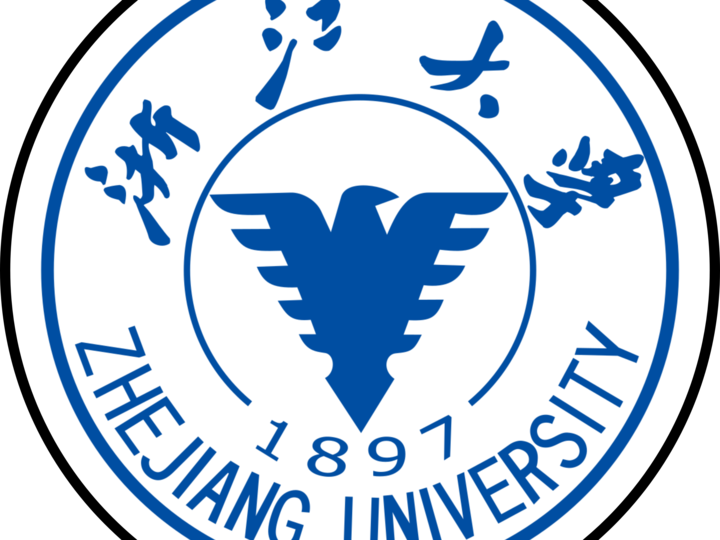
China
Zhejiang University School of Medicine (ZJU) - Second Affiliate Hospital (SAHZU)
DGSOM and Zhejiang University School of Medicine’s Second Affiliate Hospital (SAHZU) collaborate on a variety of clinical, research, and education initiatives that involve engagement from a diverse mix of specialty areas. Faculty and trainees from the departments of Cardiology, Neurosurgery, and Pathology at both DGSOM and SAHZU host regular, virtual meetings to exchange knowledge related to clinical cases. To share scientific research and strengthen international collaboration, UCLA and SAHZU also hold routine meetings to discuss important topics in cardiovascular research. In addition to collaborating on clinical care and research activities, DGSOM and SAHZU have established a bilateral trainee exchange program for senior medical students.
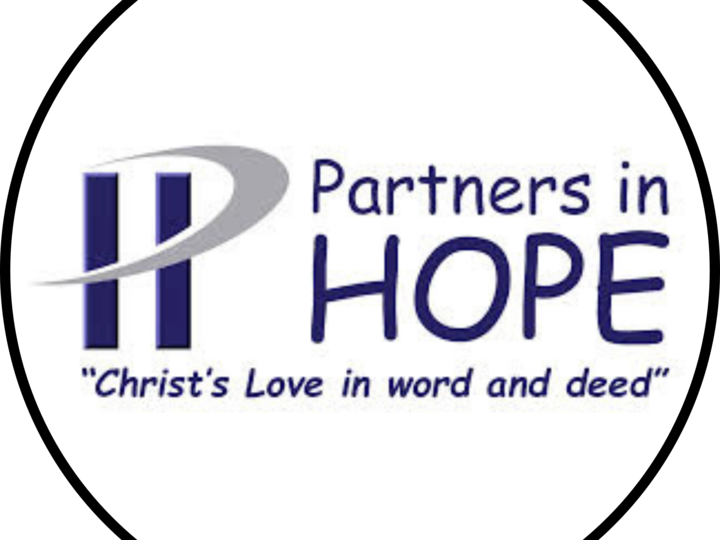
Malawi
Partners in Hope (PIH) is a Malawian non-profit organization that is a leader in the delivery of high-quality health services in the country, particularly focused on HIV care. PIH has been a recipient of PEPFAR funding since 2009, and currently supports HIV care and treatment and related health services in over 100 health facilities in Malawi. PIH and faculty from DGSOM have been partnering since 2006 on a variety of medical education, research, and public health programs. DGSOM senior medical students and internal medicine and medicine/pediatric residents have the opportunity to participate in clinical electives at PIH Medical Center where they gain exposure to the management of HIV/AIDS, malaria, tuberculosis, parasitic infections, and common health problems such as diabetes and hypertension. Historically, DGSOM’s Department of Medicine has supported a faculty member to live and work in Malawi for one year to help advance the mutual objectives of this partnership and to provide supervision for rotating medical students and residents.
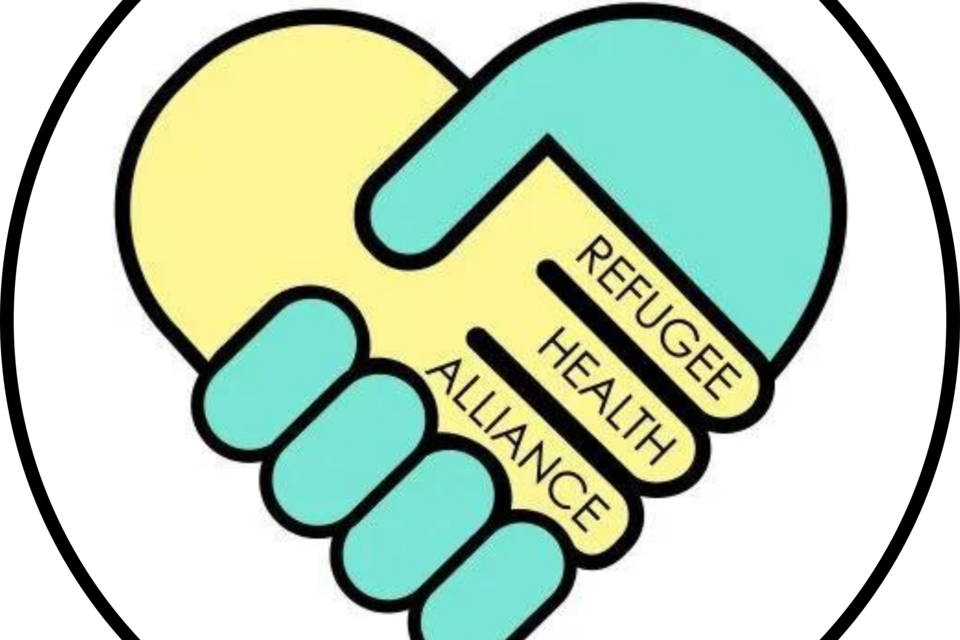
Mexico
Refugee Health Alliance (RHA) was formed to address the medical, legal, and structural consequences of displacement on asylum seekers, deportees, and other marginalized populations at the US-Mexico border. RHA is currently the largest non-governmental free healthcare provider for migrants in Tijuana, operating two daily clinics and a hygiene center, and providing in-person and telephonic/video medical support for over 30 shelters in Tijuana. RHA addresses mental health through trauma-informed care by psychologists and psychiatrists, and also provides prenatal care, midwifery, dentistry, acupuncture services, naturopathic medical care, acute care referrals, gender affirmation and LGBTQ healthcare, and medical-legal evaluations and support.
DGSOM engages with RHA in several areas, including engaging medical students to support the provision of health services across shelters in Tijuana. In 2021, GHP established a formal clinical elective rotation for senior DGSOM students to learn about the structural, psychosocial, and legal issues that displaced populations experience, and provide medical care alongside RHA colleagues.
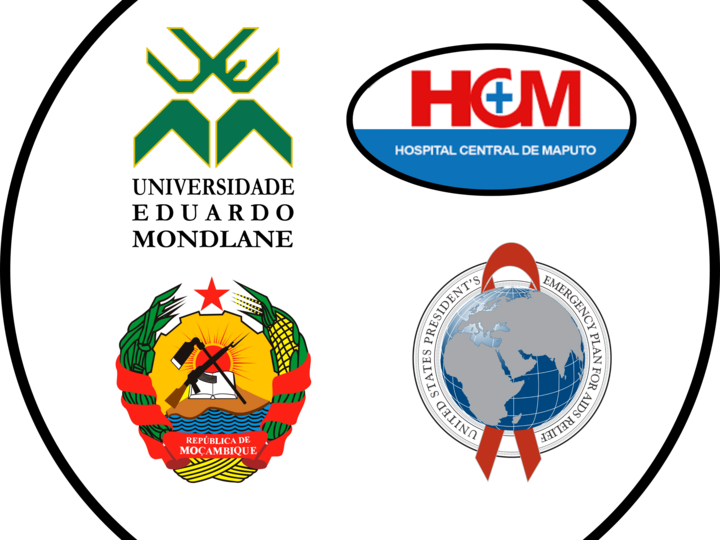
Mozambique
Universidade Eduardo Mondlane (UEM), Hospital Central de Maputo (HCM), Mozambique Ministry of Health (MoH), President’s Emergency Plan for AIDS Relief (PEPFAR)
The School of Medicine at Universidade Eduardo Mondlane (UEM) is the largest and oldest public medical school in Mozambique. Hospital Central de Maputo (HCM), the largest referral and academic hospital in the country, is located on the same campus and is the principal training site for UEM medical students, and post-graduate residency trainees across many specialties. DGSOM, UEM, and the Mozambique Ministry of Health (MoH) have partnered since 2007 to improve child health by strengthening medical education and healthcare delivery. The collaboration has supported a full-time seconded DGSOM faculty member to HCM, a robust reciprocal exchange program including Pontifícia Universidade Católica Rio Grande do Sul (PUCRS) in Brazil, specialty and subspecialty clinical training for Mozambican learners, capacity strengthening work such as quality improvement projects, and strategic investments in medical equipment. The partnership involves different specialties, including Pediatrics, Pediatric Surgery, and Family Medicine in sites across the country, such as Maputo, Beira, and Nampula. Research is now a more prominent part of the partnership and there are active clinical and/or operational studies taking place at various sites throughout the country.
DGSOM’s partnership in Mozambique also includes the provision of technical assistance to the MoH’s HIV and tuberculosis programs, with the financial support of the Centers for Disease Control and Prevention (CDC) and PEPFAR. Activities currently focus on developing a package of services for children and adolescents with advanced HIV disease, and supporting the implementation of this package with an emphasis on specialized health facilities in Maputo and the principal referral hospital in each of the country’s 11 provinces.
As part of the partnership, DGSOM medical students and pediatric residents have the opportunity to participate in pediatric clinical and research rotations. Learners gain broad exposure to treating conditions, including HIV-AIDS, tuberculosis, diarrhea and dehydration, malnutrition, and malaria in a resource-limited setting, and work directly with a full-time UCLA faculty pediatrician who lives and works in Mozambique.
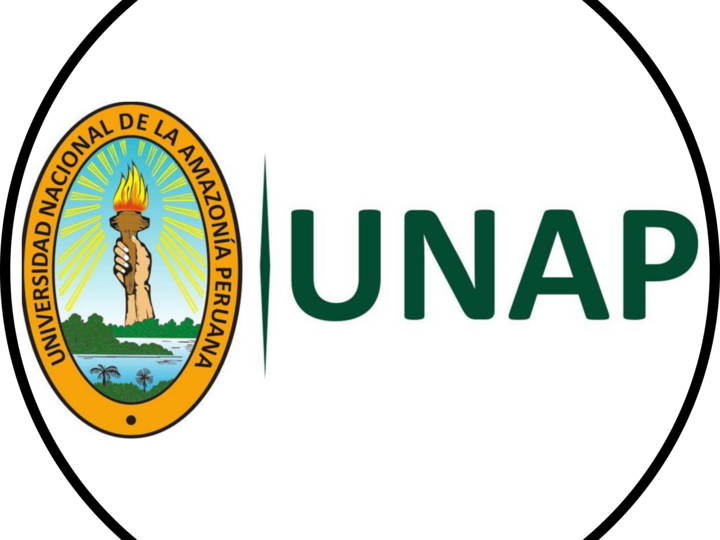
Peru
Universidad Nacional de la Amazonía Peruana (UNAP) and Hospital Regional de Loreto
DGSOM has a long history of collaborating with the Universidad Nacional de la Amazonía Peruana (UNAP), the primary institution for training medical students in the Peruvian Amazon, and with Hospital Regional de Loreto in Iquitos, Peru. Hospital Regional de Loreto is the main public referral hospital for all of the Peruvian Amazon, and serves over a million residents from Iquitos and its surrounding rural communities in the Amazon basin. DGSOM collaborates with these partners to provide support for clinical care and medical education, primarily focusing in the areas of infectious diseases, internal medicine, and pediatrics.
Under the umbrella of DGSOM, Partners for Pediatric Progress (P3) is a non-profit organization that was established 10 years ago to improve the health and survival of children in low-resource settings. P3 has been partnering with UNAP and Hospital Regional de Loreto to provide education and training resources, particularly for specialty pediatric care and pediatric intensive care. Previous trainings have included both in-person and virtual workshops on pediatric resuscitation and targeted teaching by UCLA faculty in topics of high need, such as infection prevention. GHP also supports clinical elective experiences for DGSOM medical students at the Hospital Regional de Loreto.
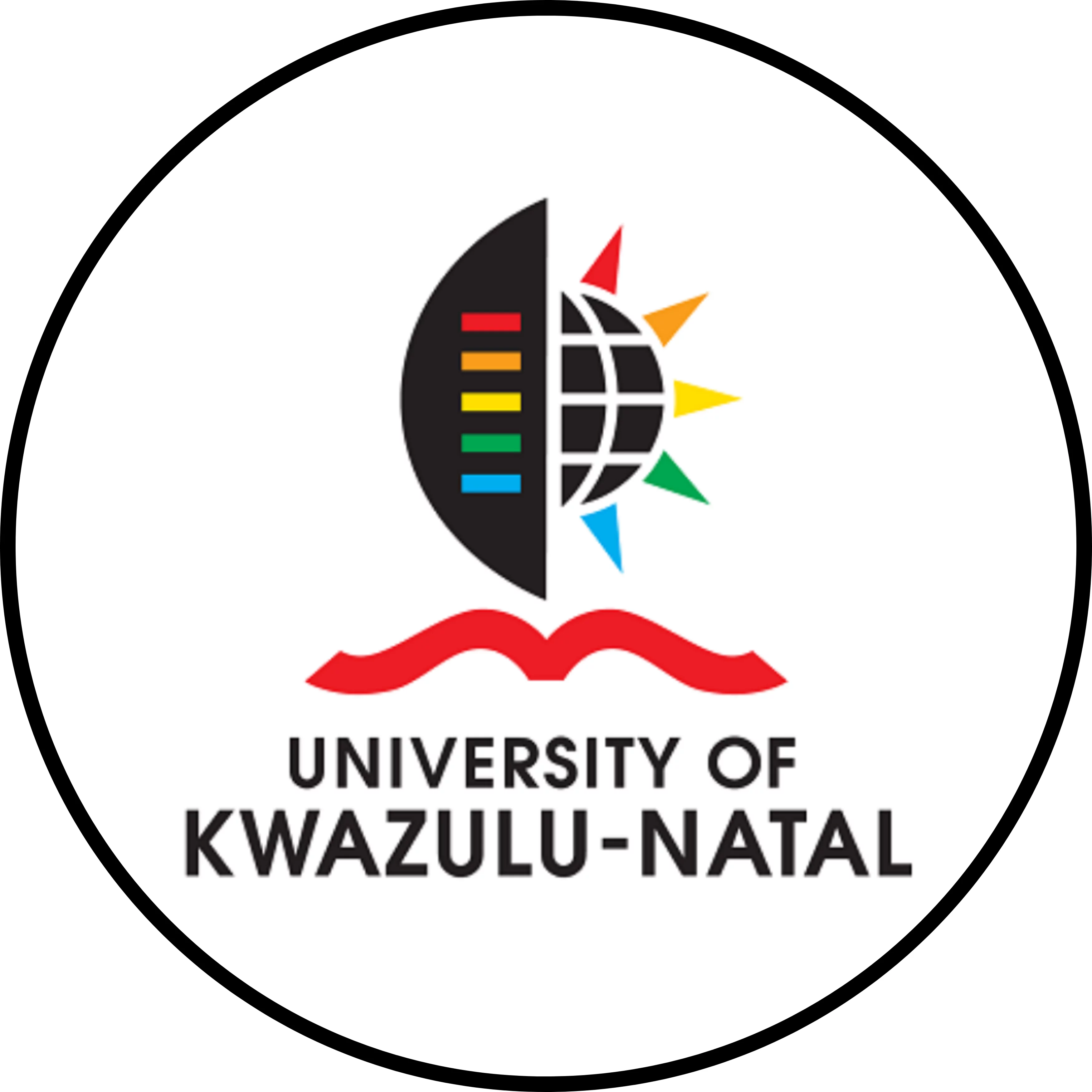
South Africa
University of KwaZulu-Natal (UKZN) and Mseleni Hospital
The Department of Family Medicine is part of the school of Nursing and Public Health at the University of KwaZulu-Natal (UKZN). The Department provides family medicine teaching and training for both undergraduate and post-graduate trainees, and conducts research in the field of family medicine. The Department also has a robust program to place family medicine registrars (residents) in district and rural hospitals throughout KwaZulu-Natal.
GHP and the Department of Family Medicine at UKZN partner on several initiatives focused on medical education. Through UKZN, GHP has recently initiated a new partnership with Mseleni Hospital, a district hospital in northern KwaZulu-Natal, where DGSOM senior medical students participate in a three-week clinical elective learning how health care is delivered in a setting with different resources and disease pathologies.
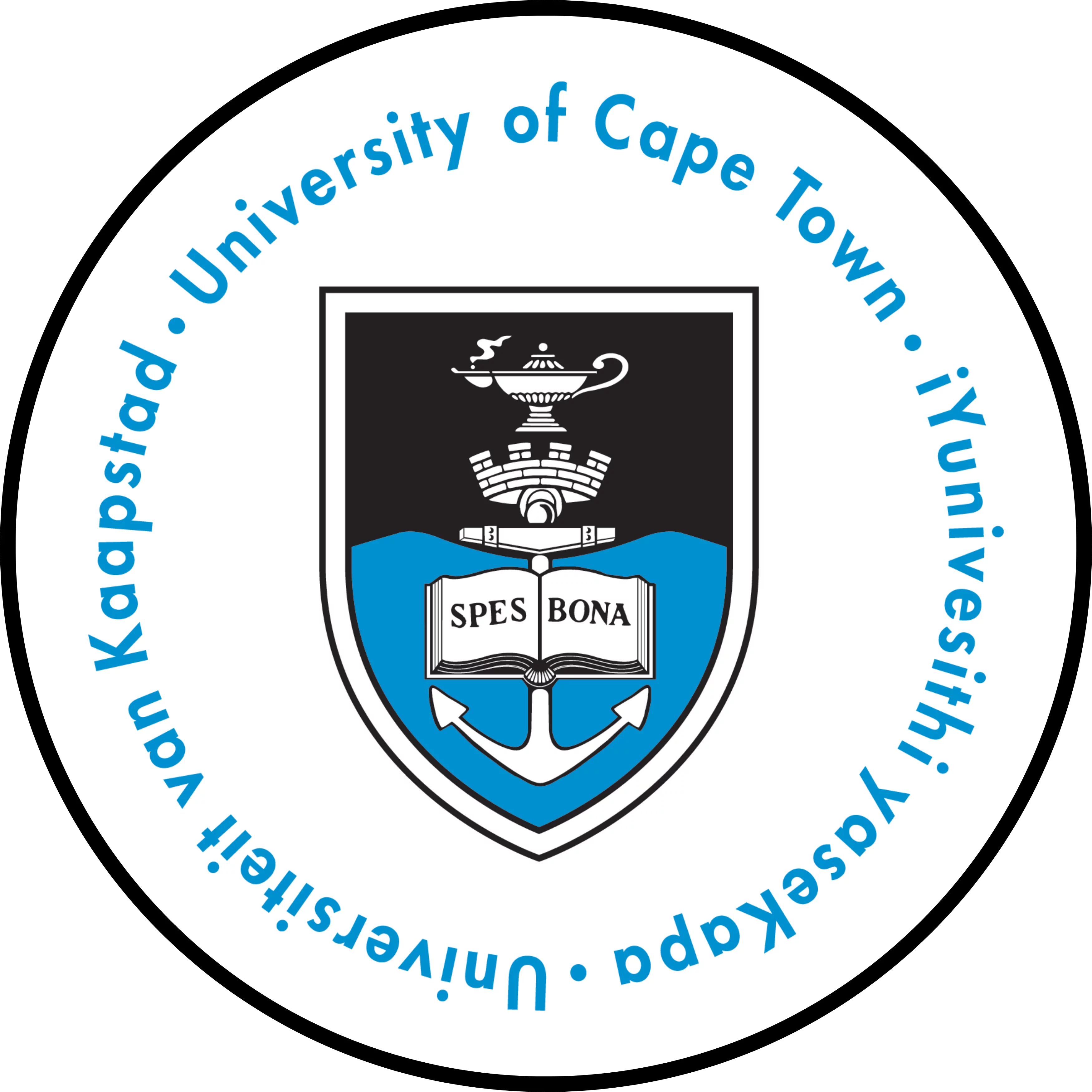
South Africa
University of Cape Town (UCT) and Somerset Hospital
UCLA has a long history of collaborating with the University of Cape Town (UCT) on a variety of public health program and research activities. Research activities have included studies in the areas of HIV prevention and treatment and substance use disorders.
In addition to research collaborations, in 2010, GHP established a clinical elective rotation for DGSOM senior medical students at Somerset Hospital in Cape Town, which is a major affiliated teaching hospital of UCT. DGSOM students work alongside residents and medical students from UCT, with supervision from senior medical staff on site.
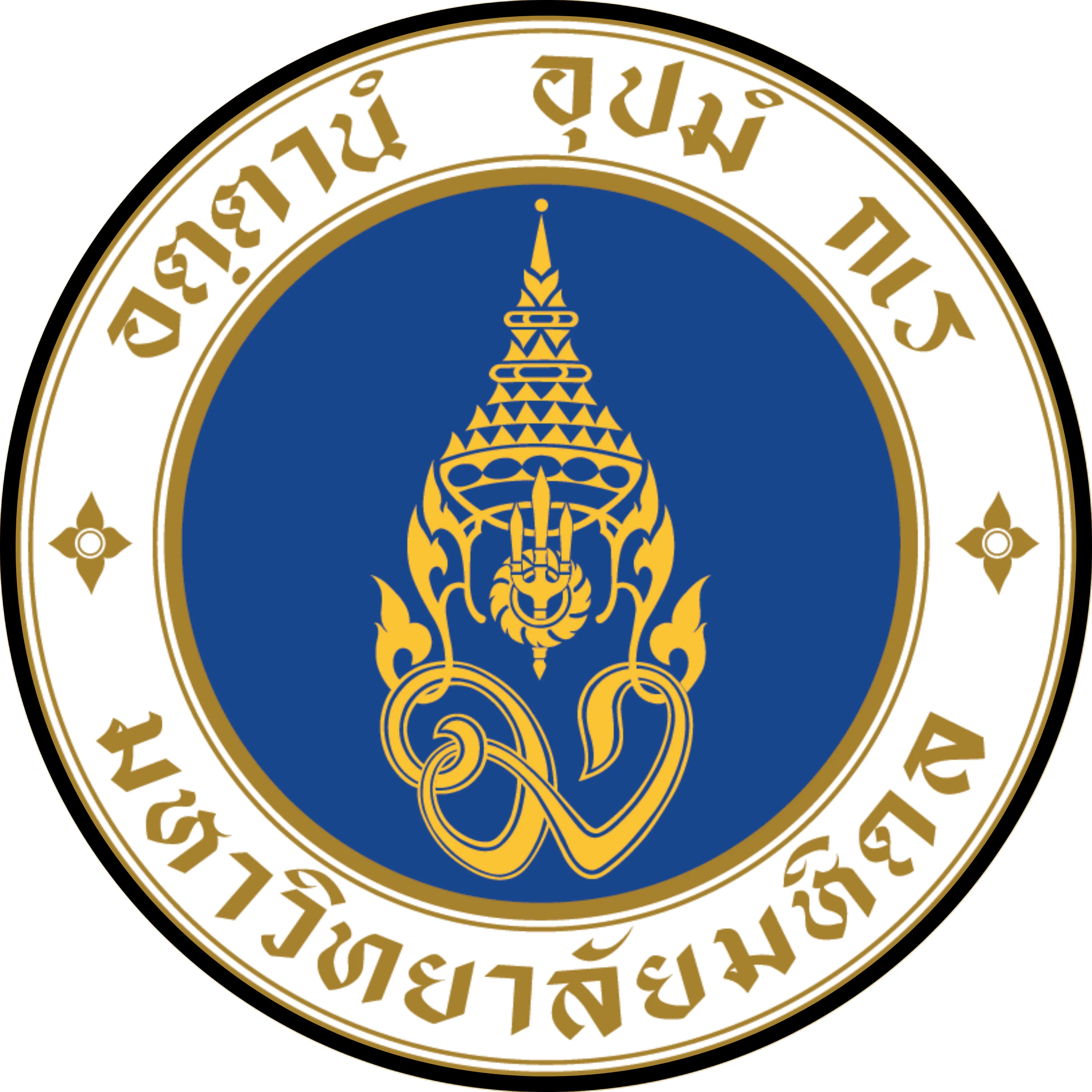
Thailand
Mahidol University: Siriraj Hospital and Siriraj Institute of Clinical Research (SICRES)
Siriraj Hospital is a 2,000-bed tertiary medical center and teaching hospital, providing medical services with interdisciplinary, comprehensive, and compassionate care. DGSOM and Siriraj partner across a range of clinical areas. Clinical opportunities have included bilateral exchange of medical students, residents, and fellows since 2012, largely focused in the areas of pediatrics, internal medicine, and infectious diseases (including transplant infectious diseases). In addition to this clinical partnership, faculty from the Fielding School of Public Health and DGSOM are collaborating with Siriraj Institute of Clinical Research (SICRES) on research on non-communicable diseases in Thai adults.